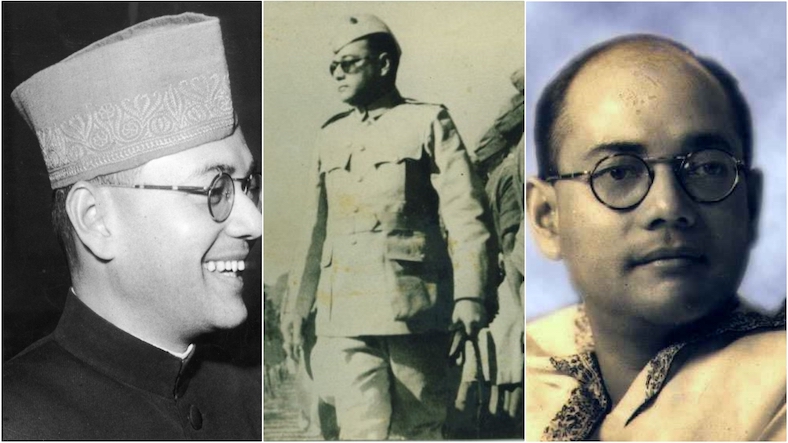Subhash Chandra Bose, popularly known as Netaji, was a prominent leader in India's struggle for independence from British rule. He was born on January 23, 1897, in Cuttack, Odisha, India and his life was marked by an unwavering commitment to achieving India's freedom. Bose played a crucial role in organizing and leading the Indian National Army (INA) and was known for his strong nationalist and revolutionary fervor.
Here are some key aspects that contribute to Subhash Chandra Bose being considered a great figure:
-
Leadership and Vision: Bose was a charismatic and dynamic leader who possessed great organizational and leadership skills. He had a clear vision of a free and independent India and worked tirelessly to achieve it. Bose's strong belief in armed struggle against the British colonial rule led to the formation of the INA, which played a significant role in India's freedom movement.
-
Struggle Against British Rule: Bose vehemently opposed British colonialism and sought to free India from its clutches. He was known for his daring actions and his efforts to unite different factions and ideologies within the independence movement. Bose was not only a vocal critic of British rule but also actively worked towards creating an alternative force to challenge their authority.
-
Formation of the Indian National Army: Bose's most notable contribution was the formation of the Indian National Army (INA) in 1942. With the support of the Axis powers (Germany, Japan and Italy) during World War II, Bose organized and led the INA, which aimed to liberate India from British rule through armed struggle. The INA played a significant role in inspiring and mobilizing Indians against British rule.
-
International Influence: Bose's efforts to seek international support for India's independence were noteworthy. He sought assistance from various countries, including Germany, Japan and Italy, during World War II to further the cause of Indian independence. Bose's international connections and his vision for a free India gained attention and support from many global leaders and thinkers.
-
Ideological Contributions: Bose's ideology was shaped by his strong nationalism and belief in socialism. He aimed to establish a socialist, egalitarian society in India after independence. Bose's ideas and vision for an independent India influenced the direction of the freedom movement and left a lasting impact on the country's political discourse.
-
Controversies and Mystery: Bose's life was surrounded by controversy and mystery, particularly regarding his death. His death in a plane crash in 1945, while he was en route to Japan, remains a subject of debate and speculation. The mystery surrounding his demise adds to the enigmatic aura associated with Bose.
Subhash Chandra Bose's contributions to the freedom struggle and his unwavering commitment to the cause of Indian independence have made him a revered figure in Indian history. He continues to be remembered as a nationalist leader who dedicated his life to the pursuit of a free and sovereign India.










